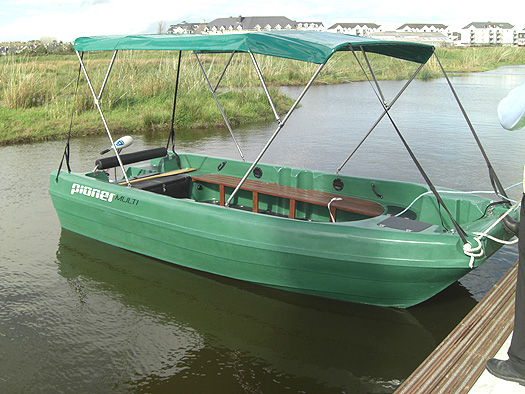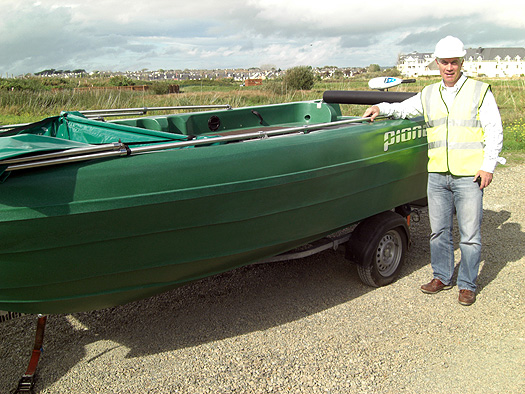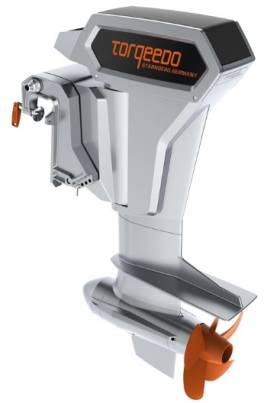Displaying items by tag: Electric
Torqeedo Electric Outboard Introduces New '20hp Equivalent'
Torqeedo, market leader in the fast growing electric outboard motor industry, will debut its innovative new electric motor at this year’s Seawork International exhibition in Southampton in June. In Ireland, the engine is available through Union Chandlery.
The new generation, the Cruise 10.0R, is equivalent to a 20HP combustion engine. It boasts 12kW peak power, 10kW continuous power and a voltage level of 48V to deliver impressive, emission-free performance at speeds of up to 17.2knots (31.9km/h).
The Cruise 10.0R weighs 47.2kg in its smallest variation and features a powered tilt function, alongside a maximum RPM standing at 1,400RPM, and 315lbs of static thrust. Available in three shaft lengths ranging from 38.5cm to 63.9cm, the Cruise 10.0R is suitable for a variety of boats.
With its very robust design, protected from corrosion, salt-water capable and completely waterproof, this new addition is suited for rugged environments and extreme conditions. It can provide the power and thrust for planing boats and displacement hulls up to the weight of 10 tonnes.
Safari Boats Order Boosts Kerry Boat Building Firm
Kerry Boat-builder O'Sullivan's Marine (OSM) is bucking the trend in the depressed marine industry. The Tralee firm have a busy order book and report strong demand for its traditional lake boat marque but it also has interest in more exotic boats too for the emerging nature tourism market.

Tried and tested, the new Safari boats are ready for Lee Valley
The first of the orders processed in Tralee is the supply of four Pioner Multi boats with Motor Guide 24v Electric Outboards for the local Lee Valley Development, a new eight hectare (20 acre) eco-tourism development comprising a Nature Park. The four boats will be used for safari-style boat rides.
'We carried out water trials yesterday, all is in order and the fully fitted out boats are being delivered this week', says managing director Brian O'Sullivan.

OSM's Brian O'Sullivan with one of the new Pioner boats
OSM, a member of the Irish Marine Federation, is also supplying two lake boats to Creeslough Angling Association in Donegal. Six Irish built boats have also been ordered by Dunfanaghy Angling Association in Donegal. Five more lake boats are also going to Waterville, Co. Kerry. All orders are for November delivery! Recession? What recession?
OSM have a selection of used craft on the boats for sale website. See them here






























































